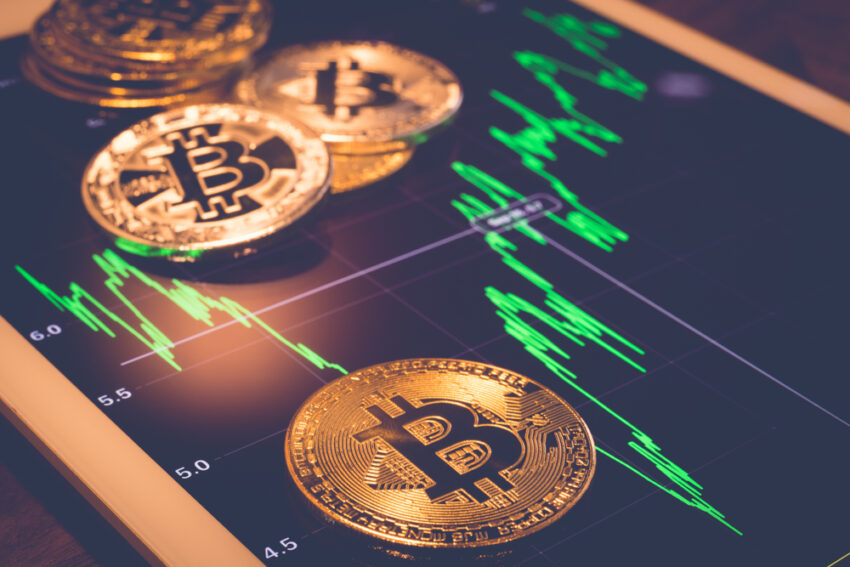North Dakota legislators have submitted a proposal to diversify the investment class in crypto and precious metals.
North Dakota’s move on Friday mirrors New Hampshire lawmaker Keith Ammon’s initiative to introduce a proposal to include crypto with a $500 billion market cap in the balance sheet of state funds.
North Dakota legislators, led by Bob Paulson and Jeff Barta, tabled a resolution allowing select state funds to invest in precious metals and assets.
Resolution 3001 Pathway to Bitcoin?
Like the New Hampshire bill, Resolution 3001 by North Dakota aims to shield the state’s finances from inflation and diversify across various asset classes.
Several representatives, led by Nathan Toman, Todd Porter, and Daniel Johnston, support the proposal. Representatives Jared Hendrix, SuAnn Olson, and Matthew Heilman also support the initiative.
The resolution indicated that changing economic conditions coupled with emerging opportunities mandate the pursuit of prudent investment of financial resources.
North Dakota initiative mirrors the proposed bill by New Hampshire lawmaker Keith Ammon to enable the Treasury to allocate a portion of the state’s funds as an investment into digital assets and precious metals.
Ammon informed fellow New Hampshire lawmakers that diversifying investments would insulate the Granite State from escalated inflation. He added that investing in digital assets aligns with the state’s cultural values and avoids overregulation.
The enactment of the bill by the North Dakota assembly would mandate the investment board and treasury to allocate a portion of the key state funds towards the investment in digital assets. Although the proposal encourages digital asset investments, the lawmakers’ resolution was not Bitcoin-specific.
The legislation replicated the New Hampshire bill, where the proposers avoided mentioning Bitcoin by name. However, based on the $500 billion market cap requirements, only BTC is eligible for consideration in the New Hampshire reserve. The North Dakota resolution misses this criterion.
In New Hampshire Footsteps?
The head of the Legislative Council in North Dakota, John Bjornson, illustrates that Resolution 3001 encourages the State Treasurer and investment board to consider diversifying investment to other asset classes rather than the current one.
Bjornson indicated that the proposal hardly holds the force of law and thus excludes definitions of the constituents regarded as more appropriate for the bill.
Resolution 3001 is scheduled for a Tuesday vote, confirming that the move is primarily symbolic at present. The idea resonates with other states, including Ohio, Texas, Pennsylvania, and Florida, that are considering the strategic Bitcoin reserves initiative.
LouisianaStatee had since September accepted payments with BTC and Tether (USDC) stablecoin in September last year. New Hampshire’s Rep Keith Ammon disclosed that the state to build the Bitcoin reserve would suffer a considerable loss. The Republican lawmakers insisted on the urgency of states acting sooner, though the process requires education from state officials.
Oklahoma Embraces Bitcoin
Meanwhile, Oklahoma is embracing Louisiana’s approach with a fresh bill aimed at integrating BTC into the economy. Senator Dusty Deevers tabled the Bitcoin Freedom Act (SB325) to facilitate employees and vendors to execute transactions using BTC. The approval would add an alternative to the inflation-prone US dollar.
Senator Deevers decried the inflation as eroding the purchasing power of Oklahomans. The Republican politician added in the Wednesday statement that Bitcoin would offer the unique opportunity to safeguard the investments and earnings of hardworking Oklahomans.
The SB325 framework’s approval would legalize yet secure the use of Bitcoin in agencies, private enterprises, and resident transactions across the state in compliance with the existing regulations.
The politician cited Bitcoin’s decentralized nature as a key to preserving wealth. Additionally, the capped supply shields holders against the reckless expenditures and money printing witnessed in Washington, D.C.
Deevers tweeted that adding Bitcoin yields a possibly revolutionary change capable of offsetting the harm Oklahomans suffer during inflation as the state leaps further in embracing financial technology.

